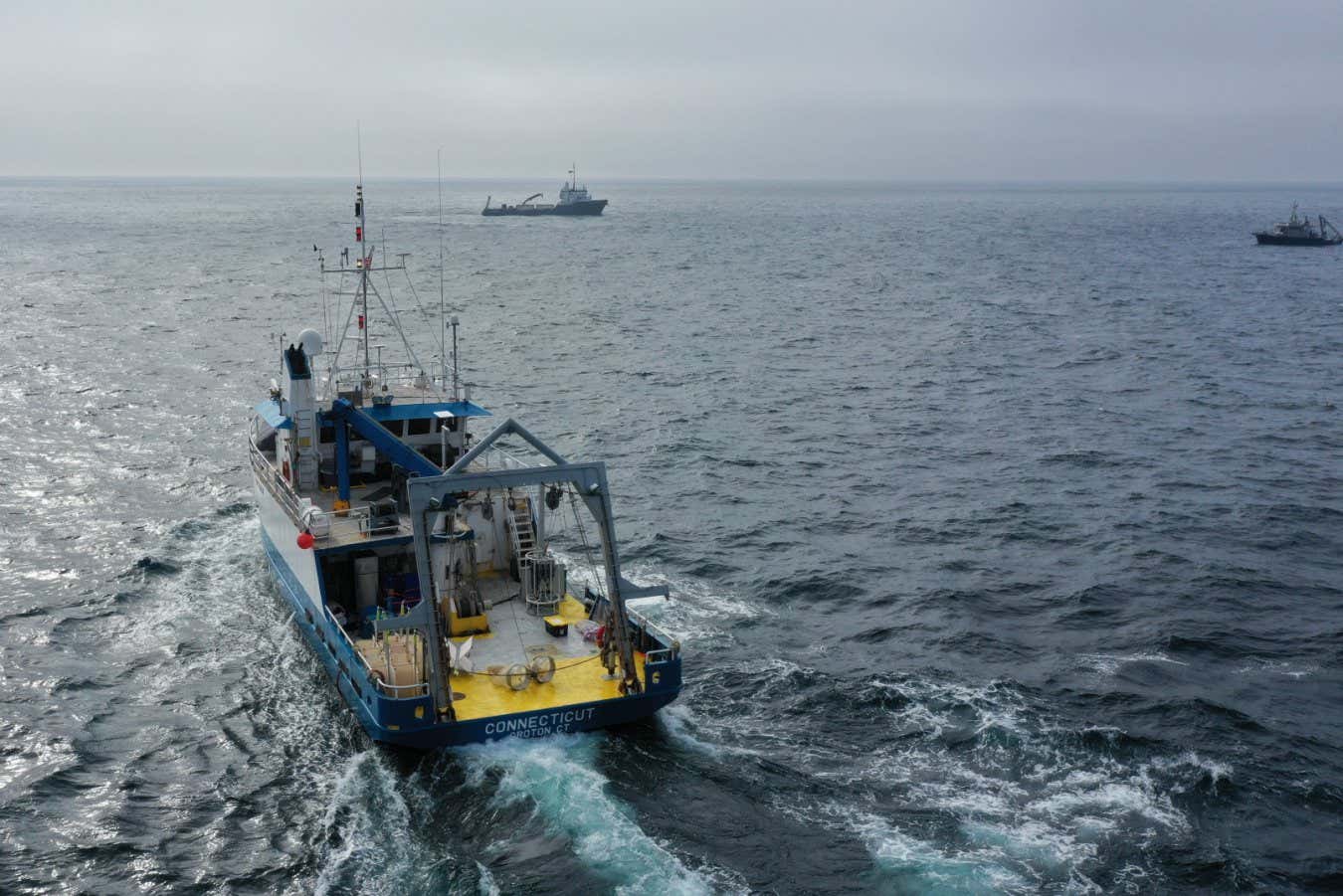Alkaline sodium hydroxide was dumped into the Gulf of Maine to test its effect on carbon uptake and marine life Daniel Cojanu, Undercurrent Productions, ©Woods Hole Oceanographic Institution Can we safely remove carbon dioxide from the atmosphere by counteracting ocean acidification? Maybe, suggests a trial in which ships poured 65,000 litres of alkaline sodium hydroxide…
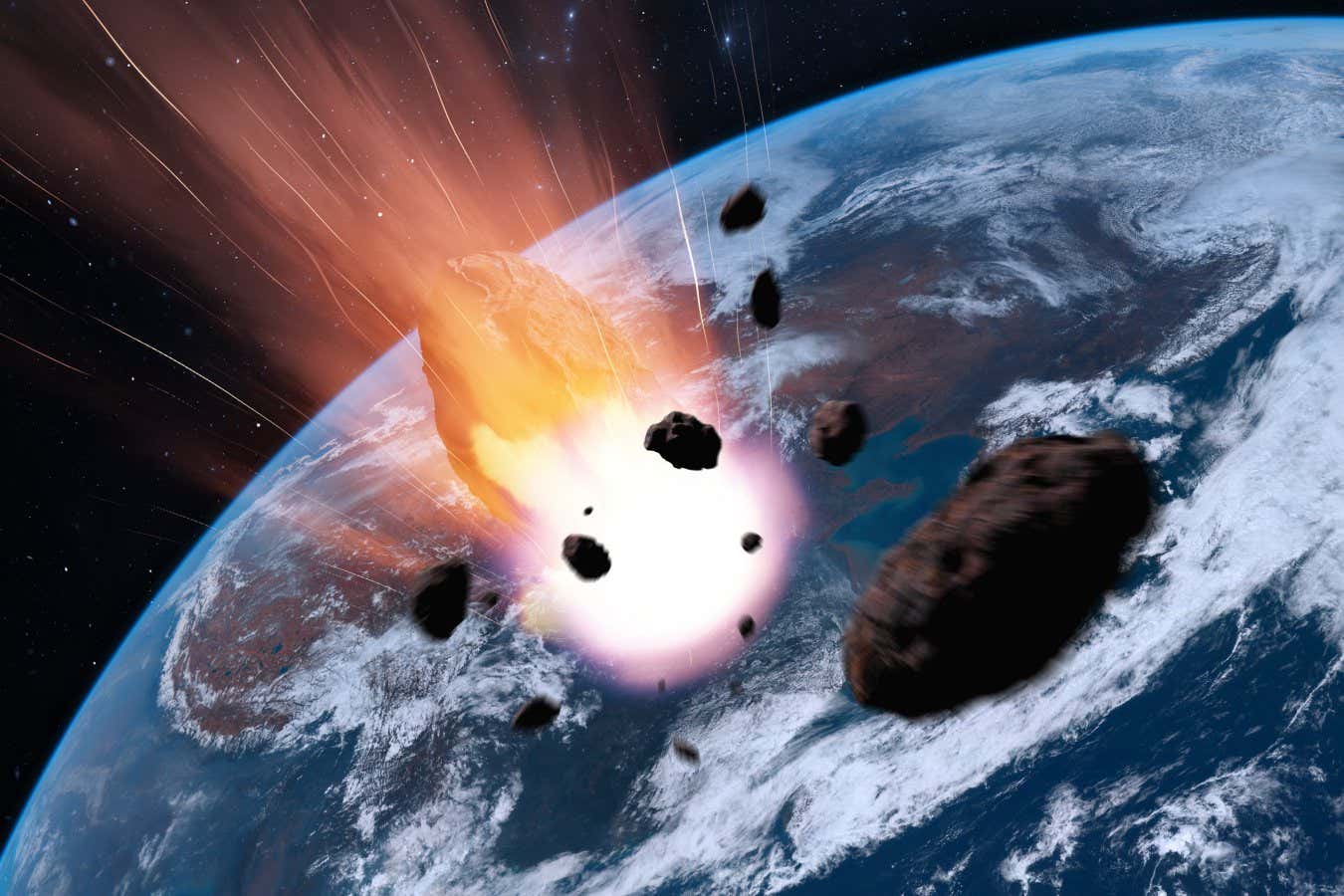
Could this dramatic image ever happen for real? angel_nt/Getty Images Somewhere, out in the cold depths of space, there is a space rock that could destroy a large chunk of life on Earth. Is this fate inevitable? Could we find a way to stop it, or will we eventually suffer the same fate as the…
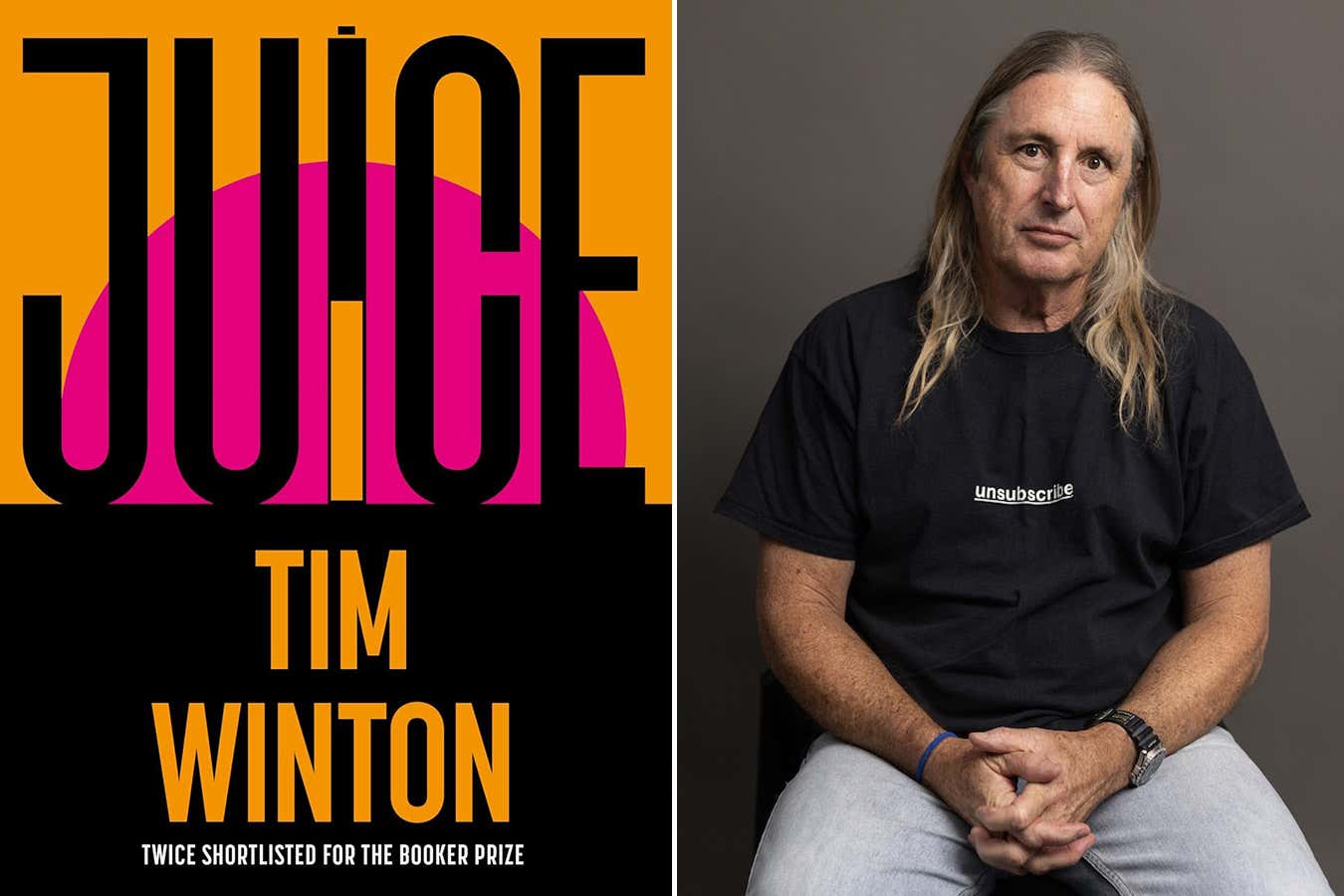
The New Scientist Book Club read Tim Winton’s novel Juice in February The New Scientist Book Club moved from reading about the emancipation of a sex robot in January, with Sierra Greer’s Annie Bot, to a scorching vision of Australia many generations from now in February, with Tim Winton’s Juice. Winton’s story follows an unnamed…

Regular engagement in the arts can lead to ‘widespread longer-term physiological changes’ Maskot/Getty Images I can pinpoint the precise comment that made me want to embark on a career researching the health benefits of the arts. I was fresh out of university, working in the NHS, managing the performing arts programme at Chelsea and Westminster…
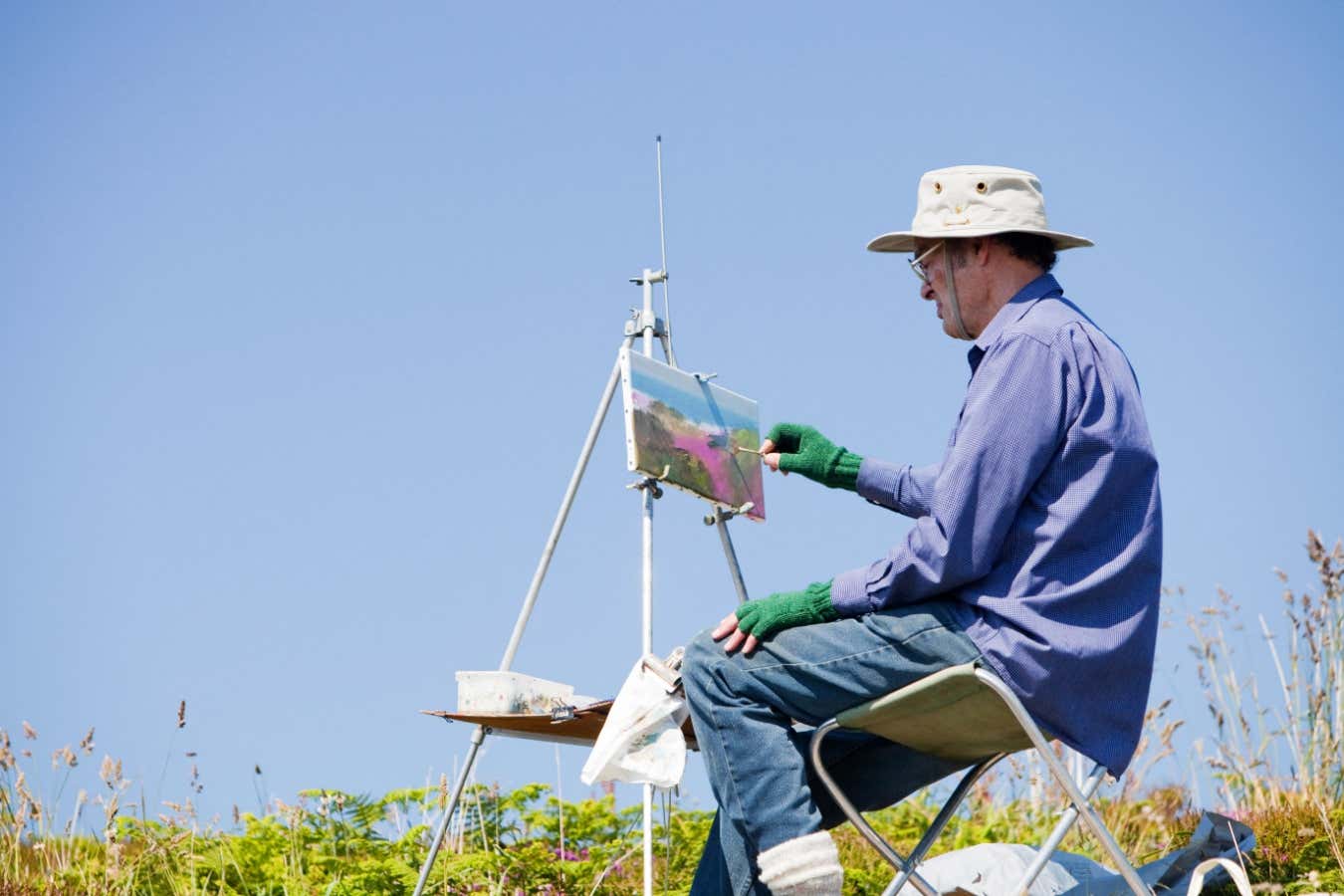
Taking time to paint in Cornwall, UK Ashley Cooper/Alamy Russell stood with his hand on the door, wondering whether to go in. It just wasn’t his scene. He was only here because his doctor had told him to come. It had started with a stroke. He’d been walking home from work when the blood supply…

Psst! Can you keep a secret? Yana Iskayeva/Getty Images The average person is keeping nine types of secrets, ranging from having told a lie to covert romantic desires. This can be a major burden, because secrets have the troubling habit of flashing into the mind unbidden. Confessing them can sometimes bring relief, but some secrets…
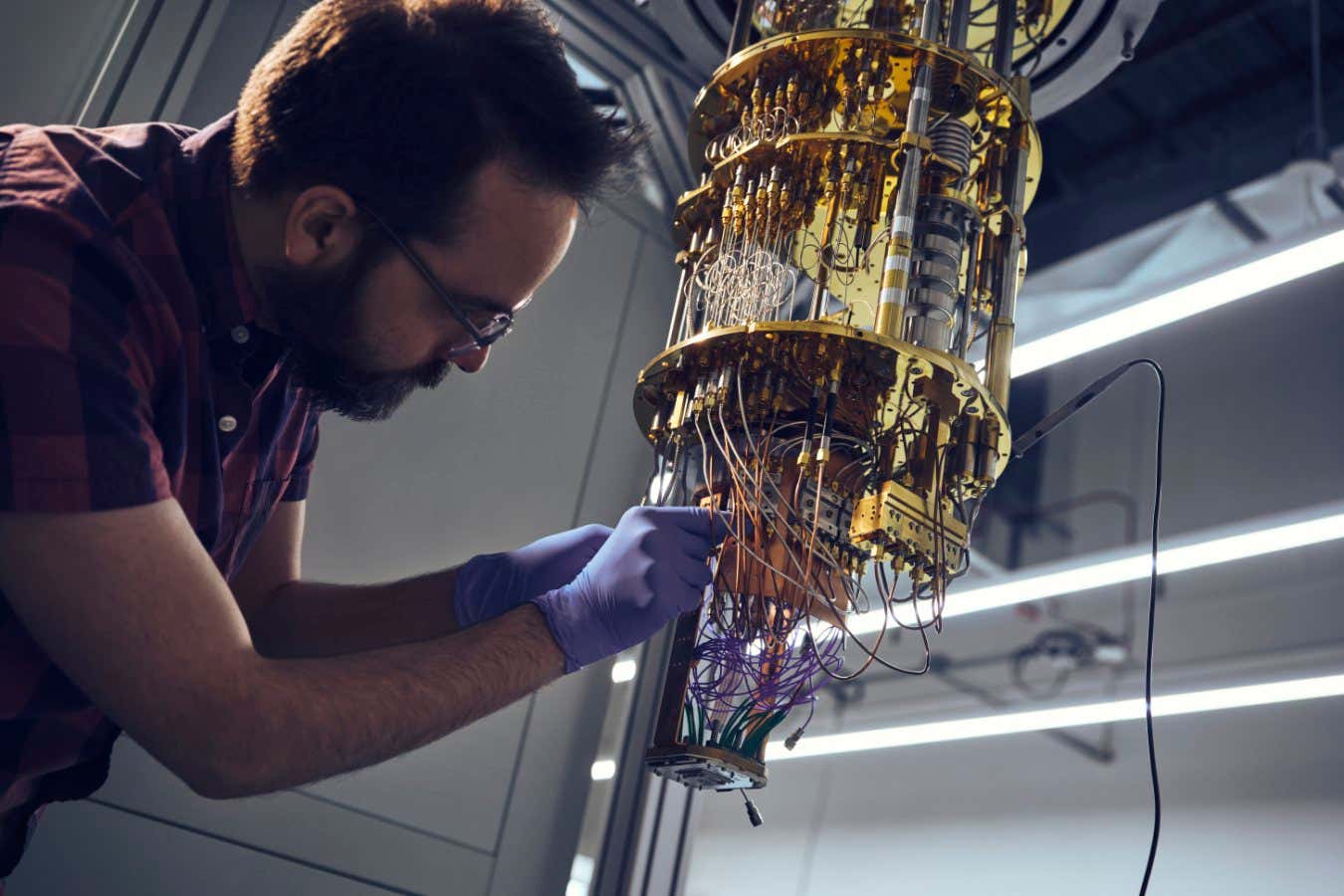
Adam Weiss at SEEQC, a quantum chip foundry, configuring a dilution refrigerator SEEQC There’s a lot I love about the 1980s, from the new wave of British heavy metal to abundant purple blush favoured by the era’s make-up artists. But among all that hair, noise and glam, there were some ignored superstars: superconducting circuits. In…
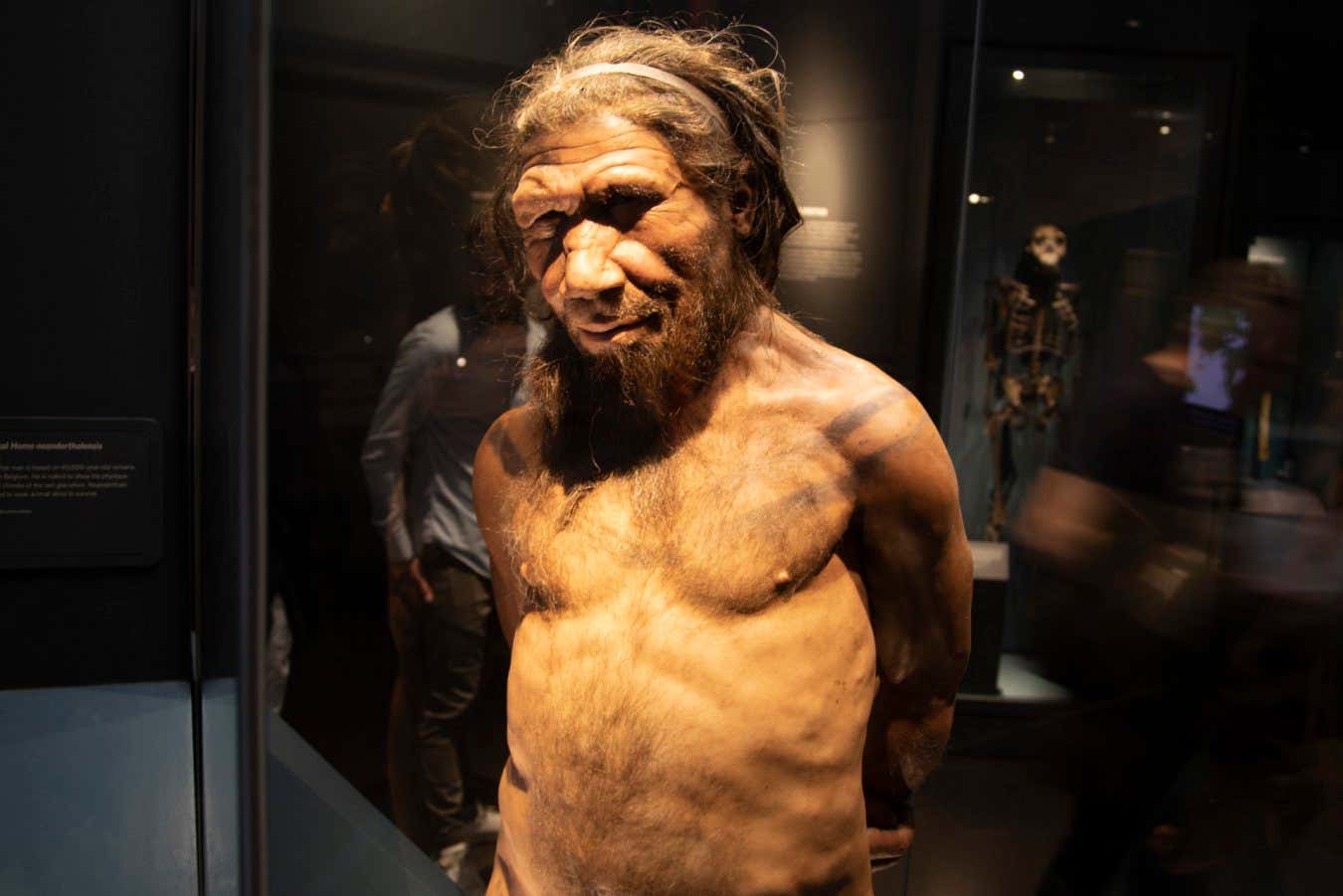
Model of a Neanderthal man at the Natural History Museum in London Mike Kemp/In Pictures/Getty Images When our species and Neanderthals interbred, it may have been mostly female Homo sapiens and male Neanderthals that mated. That’s the conclusion of a study of the genetic traces left in both populations by the intermixing. It isn’t clear…

Artist Pierre Huyghe Ola Rindal A century ago, when quantum mechanics was developed, physicists felt they were peering into the abyss: everything they thought was real, wasn’t. Today, we talk easily about collapsing clouds of probability and spooky action at a distance. Liminals by artist Pierre Huyghe (pictured) reminds us how gut-wrenching the ideas remain.…
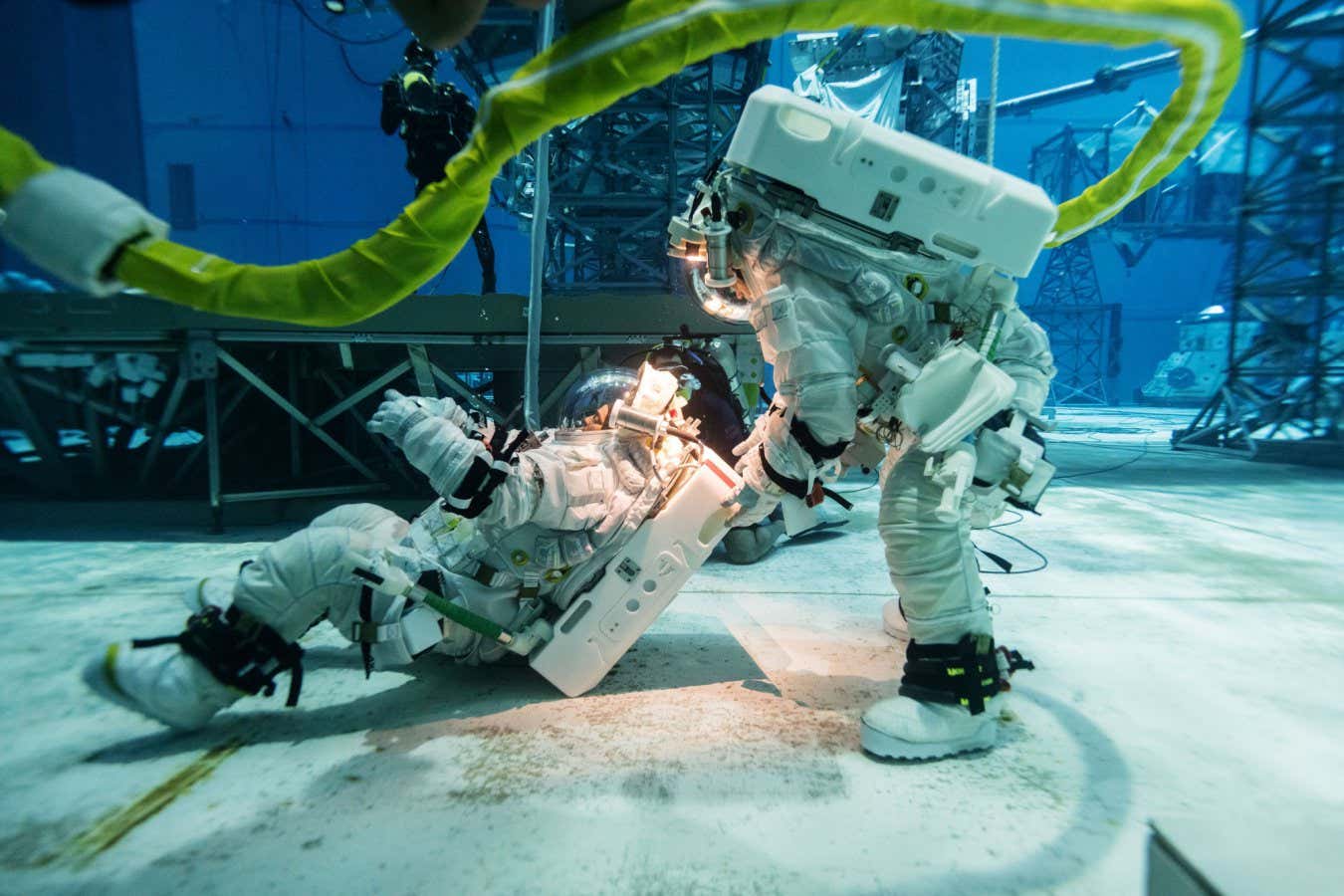
Astronauts practise tasks in a simulated moon environment NASA Preparing to send people back to the moon is a complex business, with astronaut safety at the top of the list of priorities. In the image above, NASA crew members are testing a new generation of spacesuits, built by Texas-based aerospace company Axiom Space. The company’s…
Recent Posts
- Aktiia Hilo Blood Pressure Monitor Review: Cuffless BP Tracking
- ‘Love Is Blind’ Embraces the Manosphere
- Ocean geoengineering trial finds no evidence of harm to marine life
- Tin Can Is a Dumb Phone for Kids. Can Someone Teach Them How to Use It?
- How worried should you be about an asteroid smashing into Earth?

